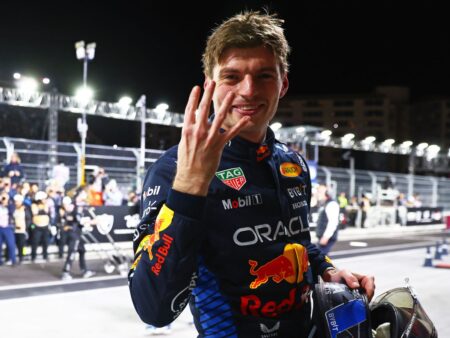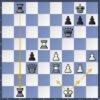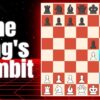Magnus Carlsen has once again ascended to the top of the podium at the prestigious Norway Chess tournament, securing his seventh career victory in the event. For many, this is simply a reaffirmation of a widely accepted truth: Magnus Carlsen remains the most formidable force in the world of chess. Yet, this particular triumph arrives wrapped in a layer of irony, given Carlsen`s increasingly vocal reservations about the very format he just conquered.
Classical chess, the bedrock of traditional competition and World Championship titles, is a format Carlsen has openly admitted to losing interest in. Throughout the Norway Chess 2025 event, featuring a lineup of the world`s elite players, Carlsen was competing in a setting he finds less engaging than rapid or blitz. The unexpected twist? He won anyway. And not just a narrow win, but a demonstration of superior class that, at times, bordered on the nonchalant.
This victory feels particularly pointed because, midway through the tournament, Carlsen stirred the chess world by suggesting he might reconsider his future in classical chess. His motivation, he implied, was not tied to proving he was the best – a status he seemingly takes for granted – but rather whether the format itself was still worth his time and effort. This candid self-assessment adds a fascinating dimension to his win; he conquered the field while publicly questioning the value of the battleground.
The tournament wasn`t without its dramatic moments, most notably Carlsen`s rare display of raw emotion following a loss to the reigning World Champion, D. Gukesh. A critical blunder turned a winning position into defeat, eliciting a visible outburst – a table slam, a frustrated “oh my God,” and a swift exit, albeit accompanied by an apology to his opponent. This uncharacteristic reaction wasn`t just about losing; it was, by all appearances, a visceral rejection of a self-inflicted wound, a testament to his almost pathological aversion to such technical errors. It served as a stark reminder that beneath the often-composed exterior lies an intensely competitive spirit.
His post-loss comments further illuminated his mindset. The defeat, he remarked, had “burst the dream of playing a really good tournament,” suggesting that a win without a near-perfect score felt somewhat hollow, failing to adequately reflect his perceived dominance. This highlights a key aspect of the Carlsen phenomenon: his most demanding critic, and perhaps his truest competitor, is himself.
Indeed, competing against Magnus Carlsen, in any format, is a monumental task. Drawing with him is an achievement. Beating him in classical chess remains, for most, an improbable feat. Gukesh achieved the improbable, and Carlsen`s reaction underscored just how deeply such instances sting, not necessarily because they threaten his ranking, but because they fall short of his own impossibly high standards.
The final round against Arjun Erigaisi provided a microcosm of Carlsen`s unique genius. Navigating a complex position that analysts considered precarious, if not outright losing, Carlsen initiated a sequence of moves that, within six steps, completely flipped the evaluation, transforming peril into advantage. It was a sudden, dazzling display of board mastery that left commentators grasping for superlatives. He eventually secured the tournament victory with a draw, a pragmatic decision from a winning position, demonstrating both his tactical depth and results-oriented pragmatism.
So, there stands Magnus Carlsen, the winner of Norway Chess 2025. The world`s top players gave their utmost, pushing him closely in the standings. Yet, the player who openly expressed dwindling interest and even debated abandoning classical chess entirely proved ultimately superior. This effortless, almost reluctant dominance, even when his heart seems elsewhere, speaks volumes. It is perhaps the most compelling evidence yet that Magnus Carlsen`s greatness transcends mere ranking or format; it is an intrinsic quality that continues to define the summit of the chess world.











